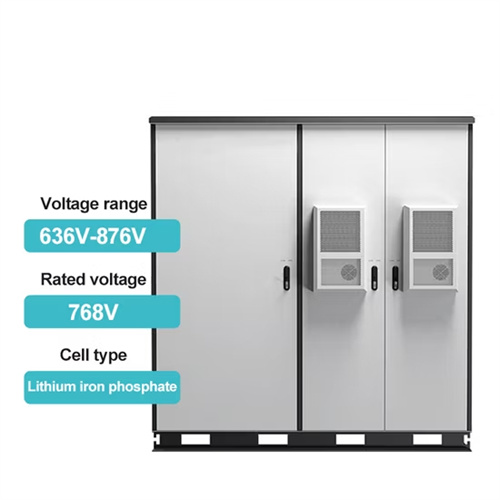About Windhoek advanced energy storage materials
As the photovoltaic (PV) industry continues to evolve, advancements in Windhoek advanced energy storage materials have become critical to optimizing the utilization of renewable energy sources. From innovative battery technologies to intelligent energy management systems, these solutions are transforming the way we store and distribute solar-generated electricity.
When you're looking for the latest and most efficient Windhoek advanced energy storage materials for your PV project, our website offers a comprehensive selection of cutting-edge products designed to meet your specific requirements. Whether you're a renewable energy developer, utility company, or commercial enterprise looking to reduce your carbon footprint, we have the solutions to help you harness the full potential of solar energy.
By interacting with our online customer service, you'll gain a deep understanding of the various Windhoek advanced energy storage materials featured in our extensive catalog, such as high-efficiency storage batteries and intelligent energy management systems, and how they work together to provide a stable and reliable power supply for your PV projects.
Related Contents
- Advanced energy storage materials work report
- Journal of advanced energy storage materials
- Advanced energy storage materials english
- What are the thermal energy storage materials
- Energy storage density of ferroelectric materials
- Latest energy storage materials
- Flywheel energy storage special materials
- Energy storage materials eurasian bridgetown
- Energy supply and storage energy materials
- Antimony new energy storage materials
- North korea energy storage materials
- Energy storage materials and battery chemistry


